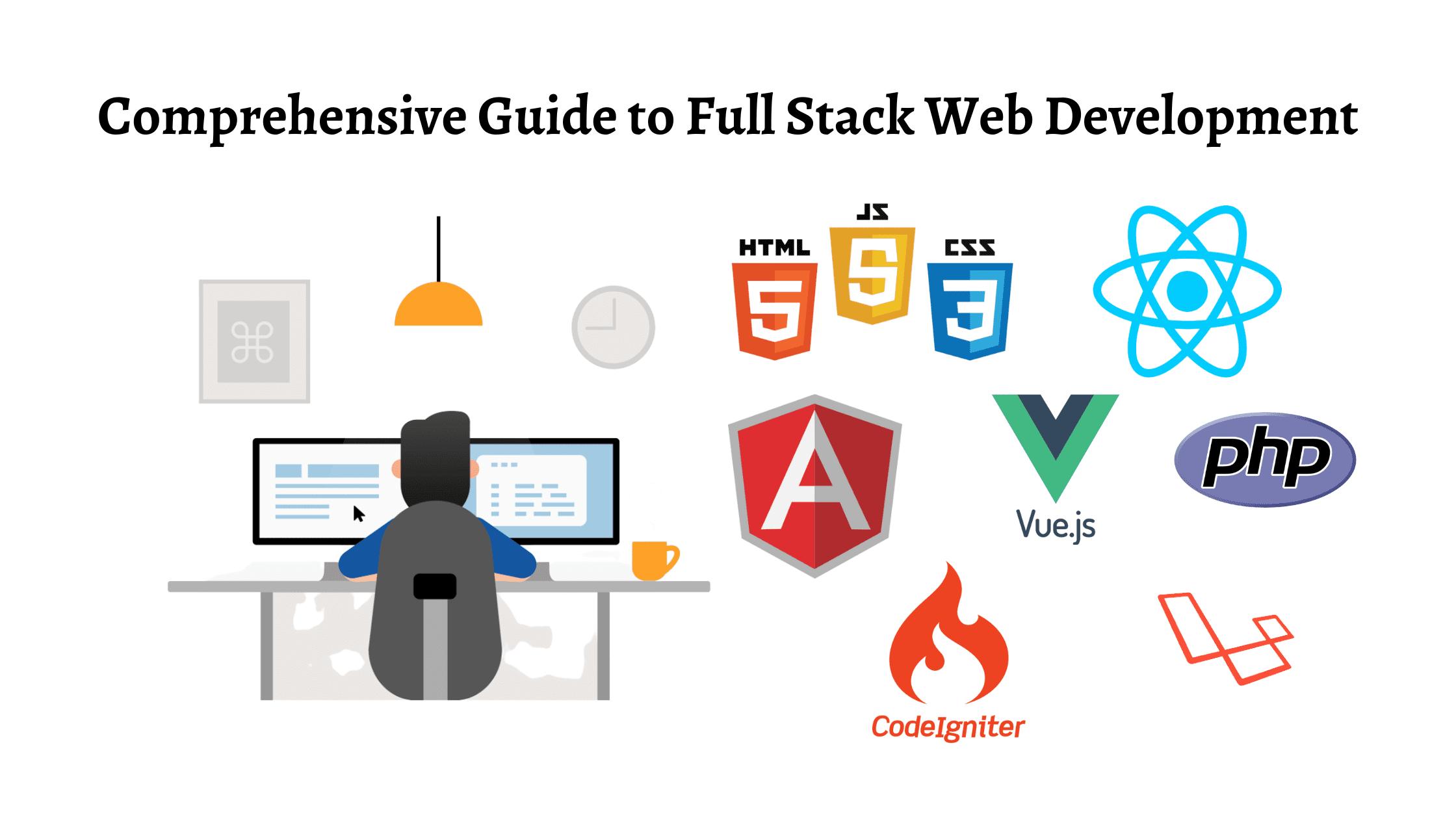Blitz News Digest
Stay updated with the latest trends and insights.
Full-Stack Development: The Chameleon of Coding
Unleash your coding potential! Discover why full-stack development is the ultimate versatile skill every developer needs to master.
What Makes Full-Stack Development the Ultimate Coding Skill?
Full-stack development is often heralded as the ultimate coding skill due to its comprehensive nature, encompassing both front-end and back-end technologies. This versatility allows developers to understand and manipulate the complete stack of technologies necessary for web applications, from the visual elements that users interact with to the server-side logic that powers the application. As a result, full-stack developers can bridge the gap between design and development, leading to a more cohesive project management experience. Their ability to tackle diverse challenges makes them invaluable in today’s dynamic tech landscape.
Moreover, mastering full-stack development enhances employability and career advancement opportunities. Companies increasingly seek developers who can wear multiple hats, as this skill set eliminates bottlenecks within teams and streamlines the development process. Full-stack developers often find themselves leading teams and projects due to their holistic understanding of technology stacks, making them prime candidates for leadership roles. In an ever-evolving industry, the ability to adapt and learn various technologies is essential, which is why full-stack development remains a sought-after capability in the job market.

Key Skills Every Aspiring Full-Stack Developer Should Master
Becoming a successful full-stack developer requires a robust set of skills that span both front-end and back-end technologies. First and foremost, aspiring developers should master HTML, CSS, and JavaScript, the foundational languages that underpin web development. These technologies allow developers to create visually appealing and interactive websites. Additionally, understanding frameworks like React or Angular for front-end development is crucial, as they help streamline the creation of complex user interfaces.
On the back end, knowledge of server-side languages such as Node.js, Python, or Ruby is essential for building the logic and database interactions that power web applications. Mastery of database management systems, including MySQL, PostgreSQL, or MongoDB, will also enhance an aspiring developer's skill set, enabling them to effectively store and retrieve data. Lastly, a solid understanding of version control systems like Git is vital for team collaboration and project management.
The Evolution of Full-Stack Development: From Frontend to Backend
The evolution of full-stack development has been remarkable as it mirrors the rapid growth of web technologies. In the early days, developers specialized in either the frontend or backend, leading to a fragmented approach to web development. However, as the demand for faster, more responsive applications grew, the concept of full-stack development emerged. This approach encompasses both frontend technologies, such as HTML, CSS, and JavaScript, and backend technologies like Node.js, Python, and databases, allowing developers to manage the entire web application lifecycle.
Today, full-stack developers are equipped with a broad range of skills that enable them to build complex applications from the ground up. They are not only adept at creating visually appealing user interfaces but also proficient in constructing robust server-side logic. This holistic understanding fosters collaboration and efficiency, as a full-stack developer can seamlessly transition between frontend and backend tasks. As the landscape continues to evolve, the demand for versatile full-stack developers is only expected to rise, making this discipline a vital component of modern web development.